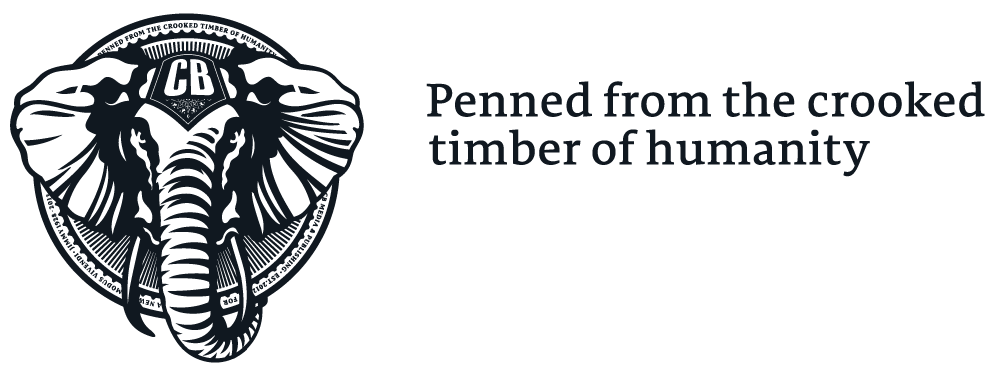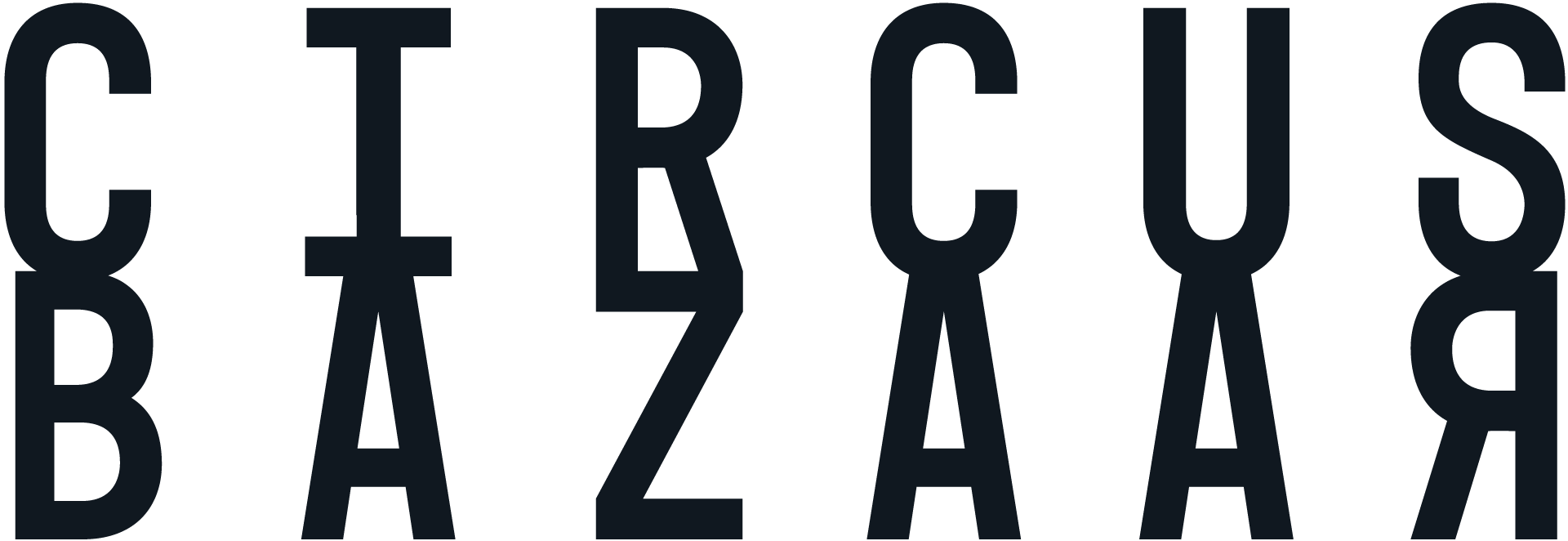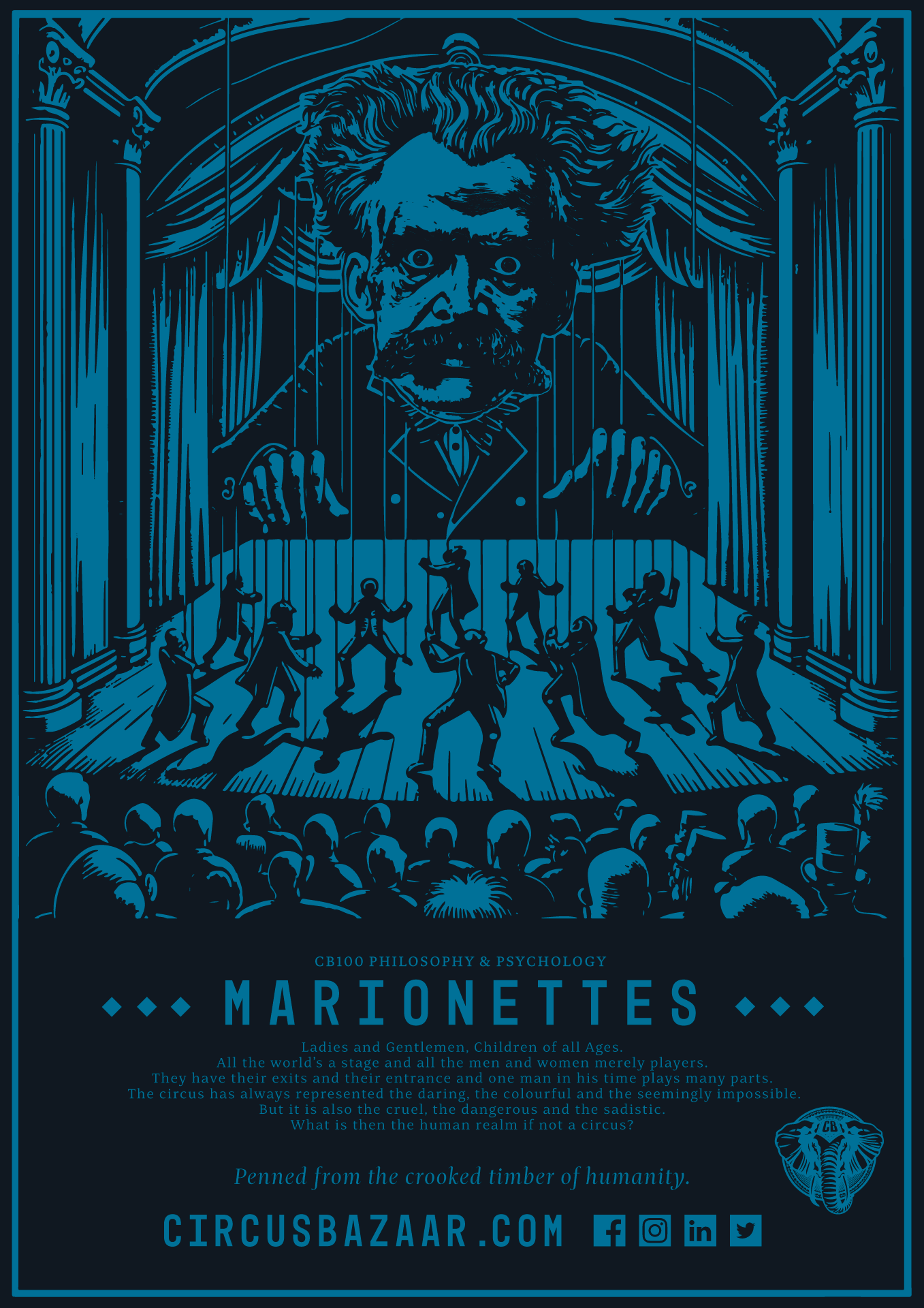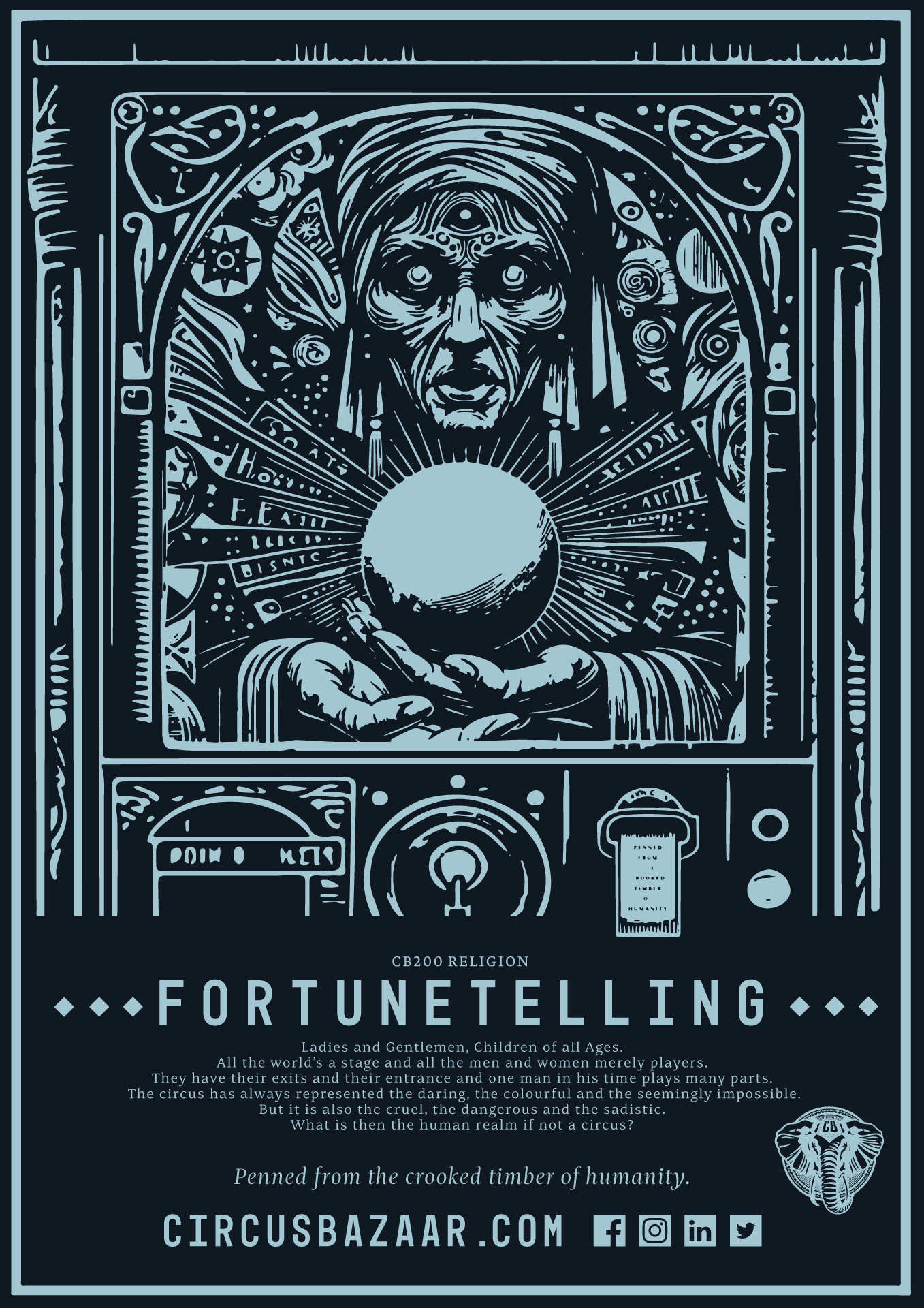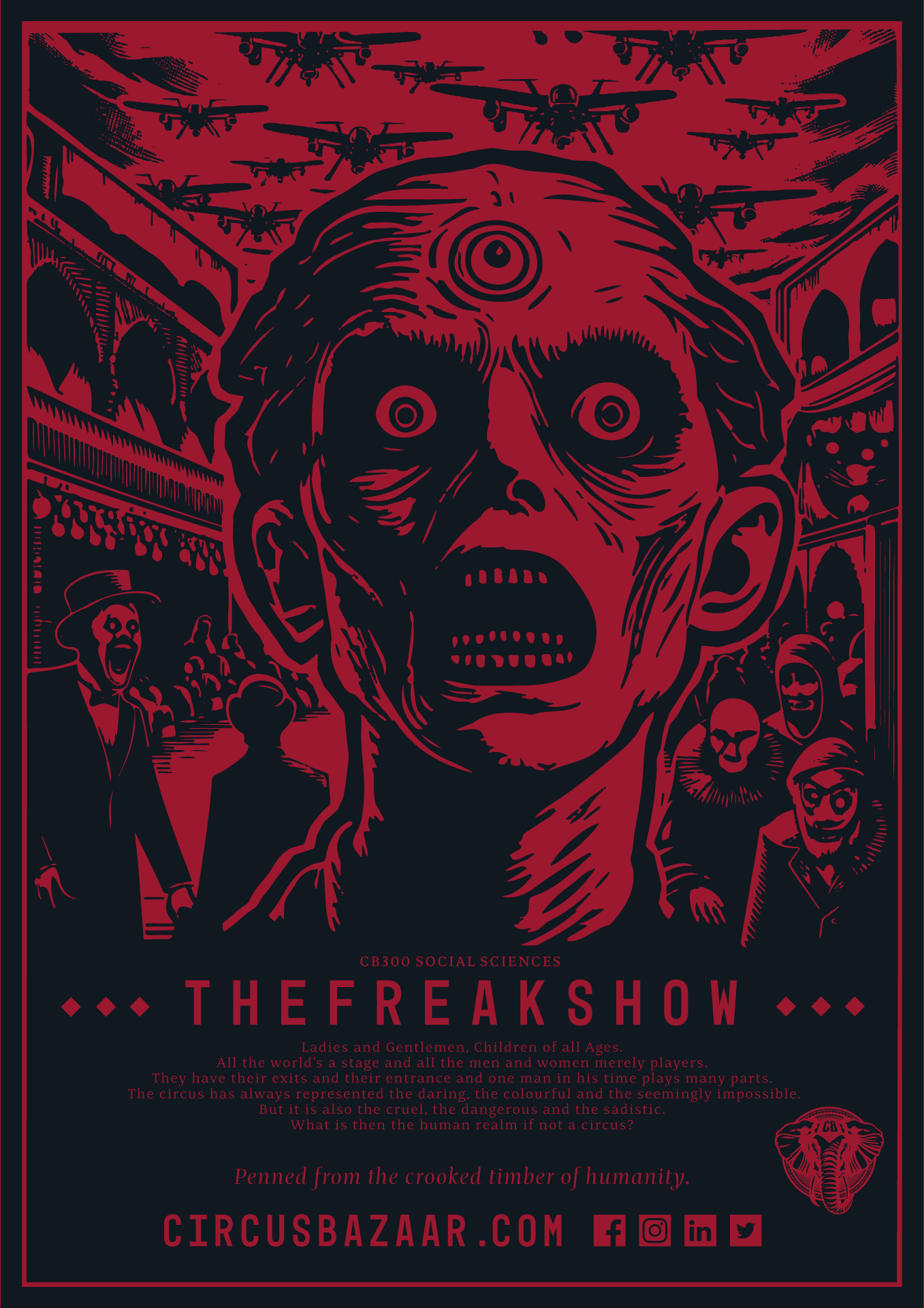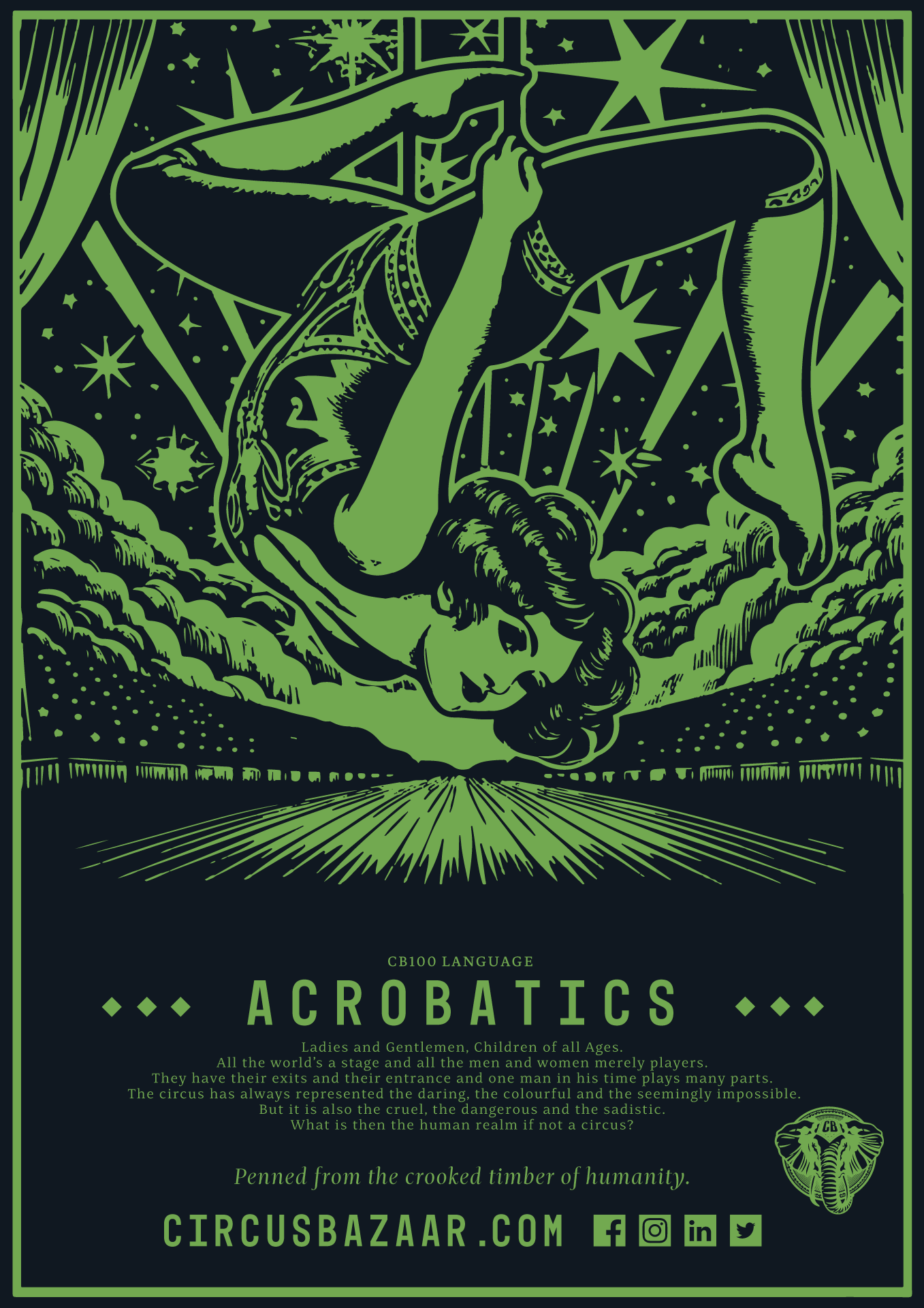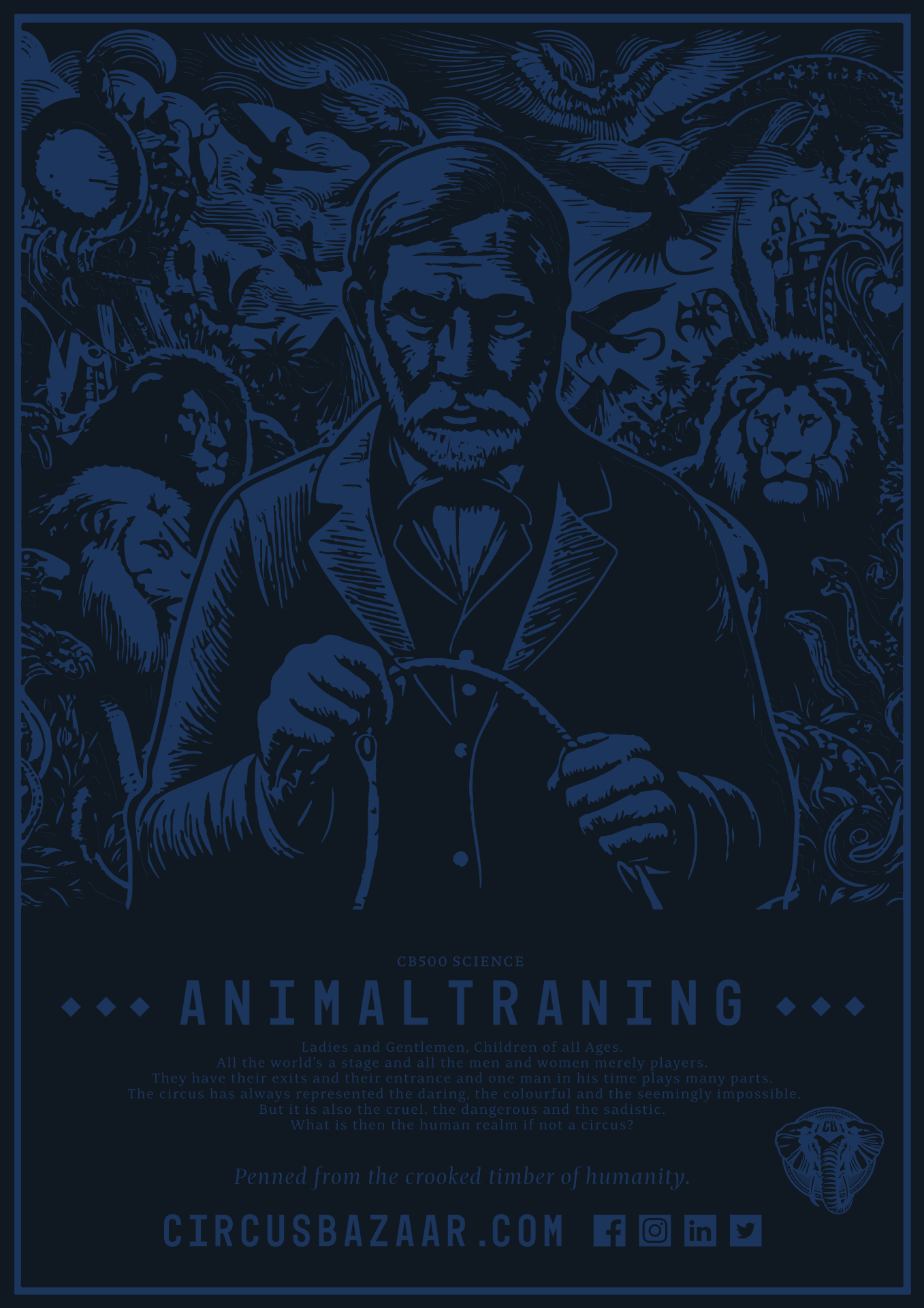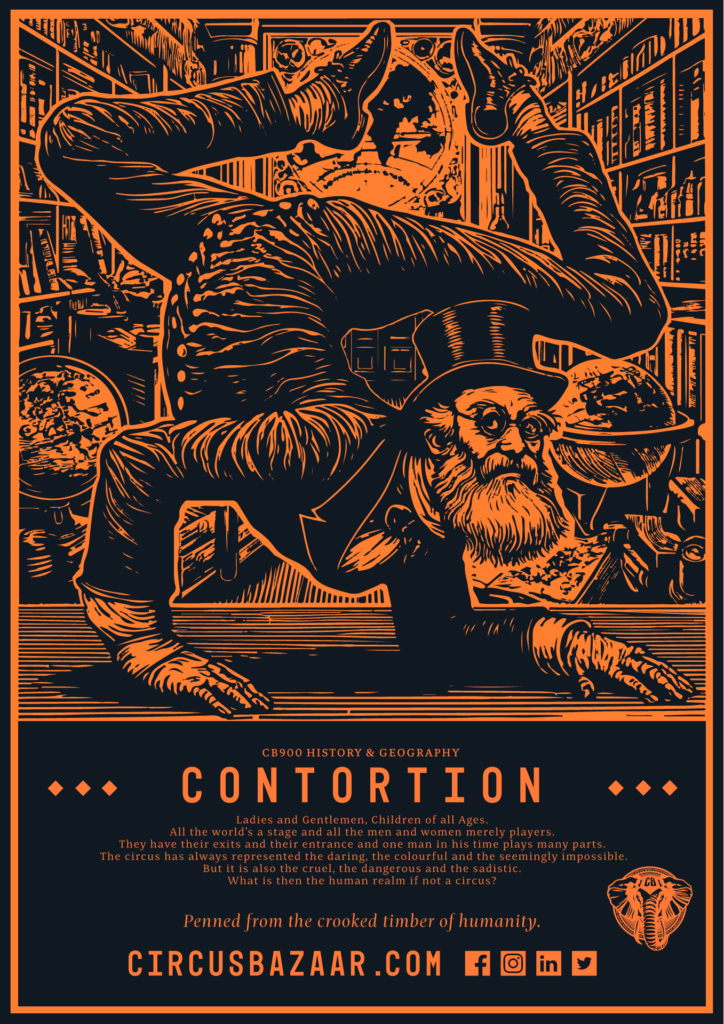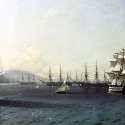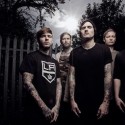In only a few months the world will mark exactly one hundred years since the beginning of the First World War. To many of us, this seems a long time ago and to even more of us it seems a world vastly unrecognisable from our own. But although we had not yet seen modern globalisation, intercontinental flight or the Internet we did have vast experience in colonialism, canals and the telephone. In the grand scheme of International Relations and Geopolitics, the differences fade.
Somewhat similar to the United States today, the British Empire was in the twilight of its ability to easily and unilaterally obtain positive outcomes on the international stage. Relative economic decline and a succession of wars in the proceeding decades had caused the questioning of its moral legitimacy and this had begun to topple the first grains of sand upon the apex of its great pyramidal sand pillar. The age of British dominance militarily had not yet come to an end, but the ability to dictate or influence the choices of its opponents was in a very existential and non-linear sense, vanishing.
The current events surrounding the Russian-supported referendum and annexation of the Crimean peninsula formalises the slow closing of United States unipolar dominance of the international system. As a consequence, we are no longer living in a world in which this is a future, but witnessing the very real and practical implications of multiple centres of political power holding a greater capacity to act on their own geopolitical interest. As a resulting effect, we have entered an age in which greater instability in the international system will now be the new normal.
This historical limerick has played out across two out of three basic tenants of power. Without resorting to military force, the United States, in this case, can neither deter a lesser powers actions in regard to territorial expansion nor can it sufficiently project the ethical and moral credibility to make a convincing case against it. Conversely, Russia has been able to project the required soft power to obtain overwhelming support for the move within the Crimea. Although the referendum was held under less than satisfactory conditions, it is clear that a Putonian Russia commands the historical and ideological affections of the population.
These facts are not specifically unique, however, the particular time, adversary and circumstance are. The fact that this move has come directly from what is a traditional European power and former Cold War adversary represents a change in the winds we have not seen for decades. Russia holds significant economic influence in Europe and it still remains a Nuclear Power. It’s historically defensive yet proud national consciousness also means any action economic or diplomatic may further empower an already somewhat revived nationalism. Yes, Vladimir Putin has risked significant retaliation yet he has shown the world that United States unipolar dominance bleeds, therefor he has removed the mystic so essential for its existence. The damage has been done and cannot be easily undone.
Putin, although far from finished, I suspect will refrain from further significant pushes into the Ukraine for the moment and will work within the constraints of what is justifiable to the sentiments of Russians and their historical sensitivities. He will distance himself from further association with former European strong tyrants whom once annexed neighbouring countries under the pretext of historical mistakes. His focus will be on ensuring that instability reins in the new Ukraine and continued strengthening of his domestic position via further resurgence of national pride and historical purpose in the motherland. Time is on his side, as while he accumulates further legitimacy domestically and abroad, other centres of power may be tempted to capitalise on the template he has provided.
The symbolism of these events empower the will of other nations with similar historical grievances. The list of resurgent nations politically poised to potentially take advantage of a United States declining in relative influence is long. An international environment in which a less effective leviathan guards the gates of the status quo is exactly the conditions required for us to ironically after one hundred years since the First World War make a long-awaited return to the precarious stability that is a multipolar world.
